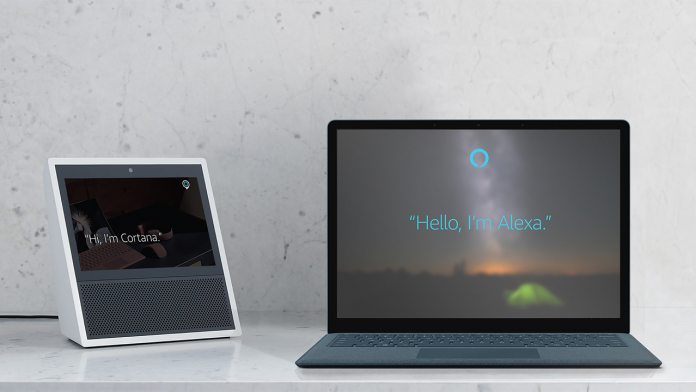Tech giants and brands from other fields have combined to create “choice and flexibility” to consumers. To reach this goal, the companies want to create intelligent assistants that are integrated. Signatiories of the Voice Interoperability Initiative are many, including Baidu, BMW, Bose, Cerence, Ecobee, Harman, Logitech, Microsoft, Salesforce, Sonos, Sound United, Sony Audio Group, Spotify, and Tencent; telecommunications companies Free, Orange, SFR, and Verizon; hardware manufacturers like Amlogic, InnoMedia, Intel, MediaTek, NXP Semiconductors, Qualcomm, SGW Global, and Tonly; and systems integrators like CommScope, DiscVision, Libre, Linkplay, MyBox, Sagemcom, StreamUnlimited, and Sugr. Perhaps the most notable names are the companies who have not signed to the program. Among those glaring absentees are Google, Apple, Samsung, and Facebook. Those companies that have signed onto the initiative have pledged to develop technology that aligns with each other. This could mean creating voice assistants or hardware that meet specific standards. Four core principles are guiding the Voice Interoperability Initiative. First among them is creating voice-focused services that have “seamless” functionality with other services developed by other companies. A focus of these services must be on maintaining privacy and security for users. Standards will include support for multiple wake words that are universal across multiple services from individual providers. Furthermore, all companies will strive to offer multiple voice services on a single device. The Voice Interoperability Initiative is built around four priorities:
Developing voice services that can work seamlessly with others, while protecting the privacy and security of customers Building voice-enabled devices that promote choice and flexibility through multiple, simultaneous wake words Releasing technologies and solutions that make it easier to integrate multiple voice services on a single product Accelerating machine learning and conversational AI research to improve the breadth, quality and interoperability of voice services
More Options for Consumers
“Multiple simultaneous wake words provide the best option for customers,” added Bezos. “Utterance by utterance, customers can choose which voice service will best support a particular interaction. It’s exciting to see these companies come together in pursuit of that vision.” It is interesting that the most notable absentees (Google and Facebook) are the two companies that have come under fire for privacy practices more than others. However, Google says it only learned of the Voice Interoperability Initiative over the weekend and needs time “to review the details” before committing.




